At a July 1837 convention of African Americans in Columbus, attendees wrote a petition to the state of Ohio to revoke its racist laws. The text of the repeal petition, printed in the Cincinnati Philanthropist on Oct. 17, 1837, is below.
FORM OF PETITION
To the Honorable, the General Assembly of the State of Ohio,
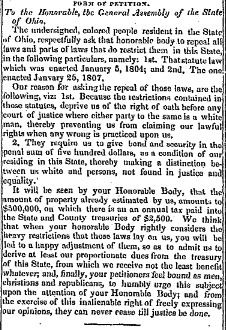
See PDF version of this primary document.
The undersigned, colored people resident in the State of Ohio, respectfully ask that honorable body to repeal all laws and parts of laws that do restrict them in this State, in the following particulars, namely: 1st. That statute law which was enacted January 5, 1804; and 2nd. The one enacted January 25, 1807.
Our reason for asking the repeal of those laws, are the following, viz: 1st. Because the restrictions contained in those statutes, deprive us of the right of oath before any court of justice where either party to the same is a white man, thereby preventing us from claiming our lawful rights when any wrong is practiced upon us.
2. They require us to give bond and security in the penal sum of five hundred dollars, as a condition of our residing in this State, thereby making a distinction between us white and persons, not found in justice and equality.
It will be seen by your Honorable Body, that the amount of property already estimated by us, amounts to $500,000, on which there is an an [sic] annual tax paid into the State and County treasuries of $2,500. We think that when your honorable Body rightly considers the heavy restrictions that those laws lay on us, you will be led to a happy adjustment of them, so as to admit us to derive at least our proportionate dues from the treasury of this State, from which we receive not the least benefit whatever; and finally, your petitioners feel bound as men, christians and republicans, to humbly urge this subject upon the attention of your Honorable Body; and from the exercise of this inalienable right of freely expressing our opinions, they can never cease till justice be done.
Kate Masur explains in Until Justice Be Done that the convention published the petition in a form that could be cut out of the newspaper and pasted onto larger pages that people could sign.
The form identified the petitioners as “the undersigned people of the state of Ohio.” It is important to note that the Ohio Constitution’s declaration promised fundamental rights to “all men” while mentioning “citizens” only in regard to the right to vote and hold office. “A person did not have to be a citizen to claim the right to be free of racial discrimination.” Because of that, the petition organizers claimed rights based on their residency in Ohio.
Black Ohioans pledged to continue raising their voice, knowing they could not take for granted that their petitions would be received, much less acted upon. “Faced with an onslaught of abolitionist petitions, southerners in Congress demanded that slavery-related petitions be rejected without printing them or referring them to the committee.” [The text excerpts in quotes are from Masur’s book, Until Justice Be Done.]
Our appreciation to Puerto Rican educator and Truman fellow Tayna Rivera Rodríguez, who secured this digitized newspaper version of the petition from the Library of Congress.
From the Equal Justice Initiative
On April 1, 1807, Ohio passed a law barring Black residents from testifying in any case, civil or criminal, in which one of the parties was white. The law was one of several “Black Laws,” discriminatory measures that restricted all aspects of daily life for Black residents and codified white supremacy. Learn more in the article Ohio’s “Black Laws,” written by Equal Justice Initiative’s Dan Biddle, and check out the EJI video below.

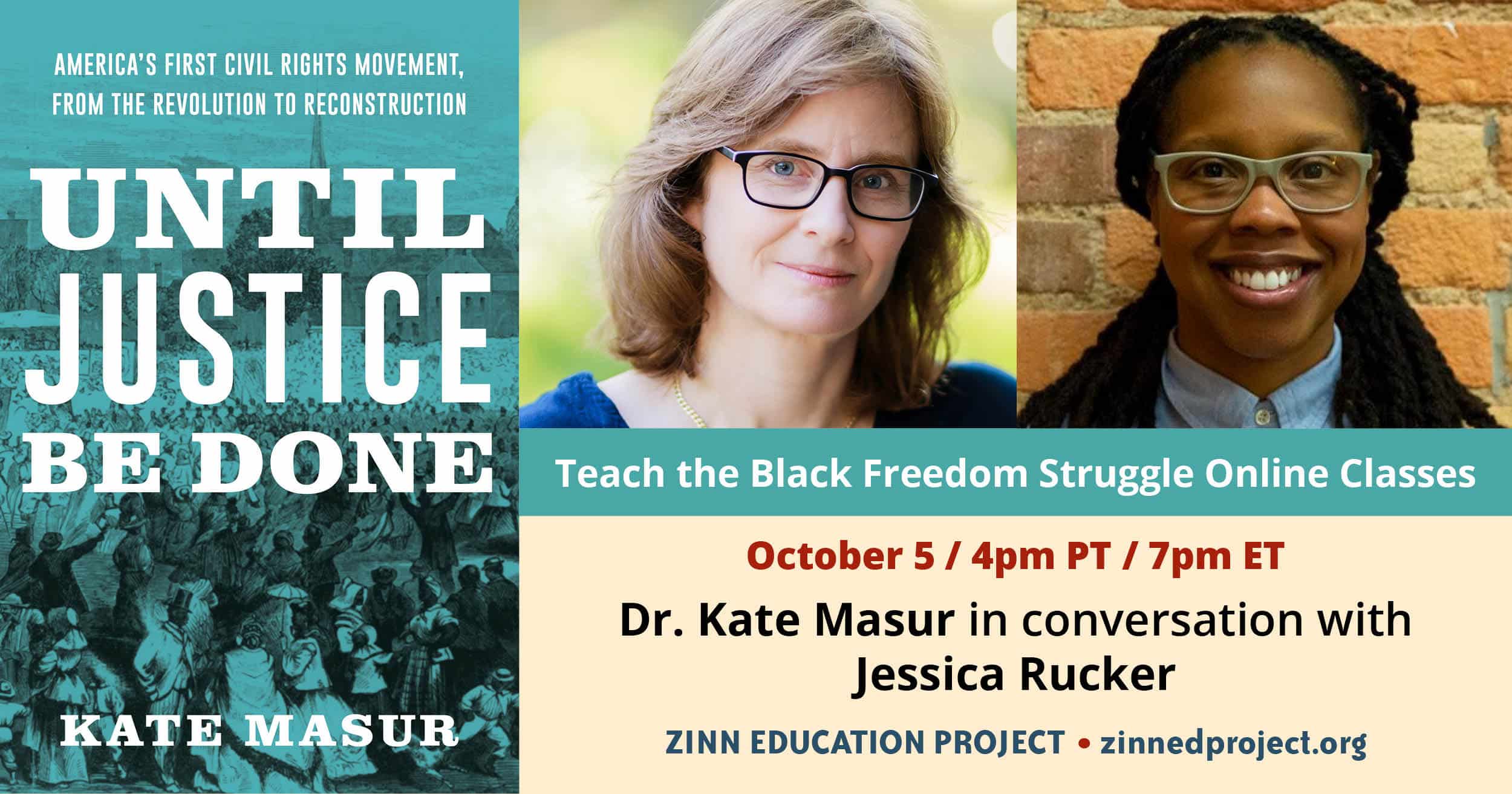
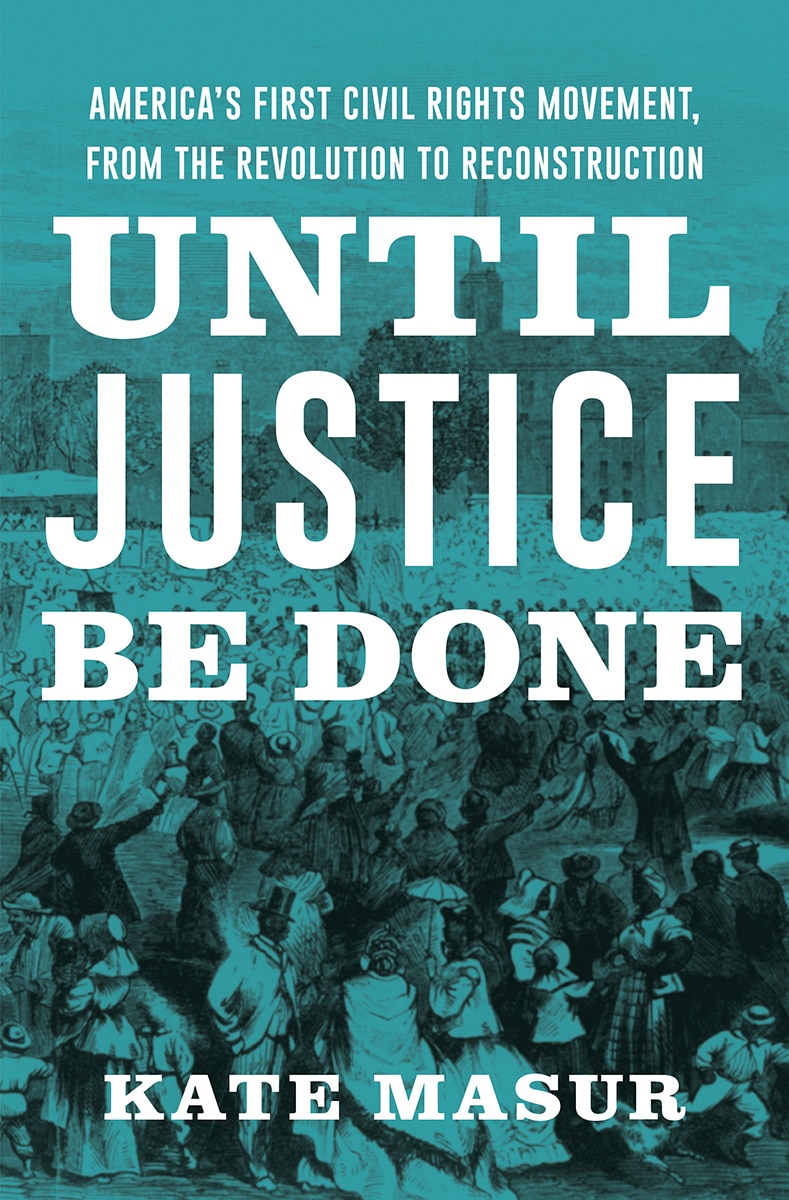
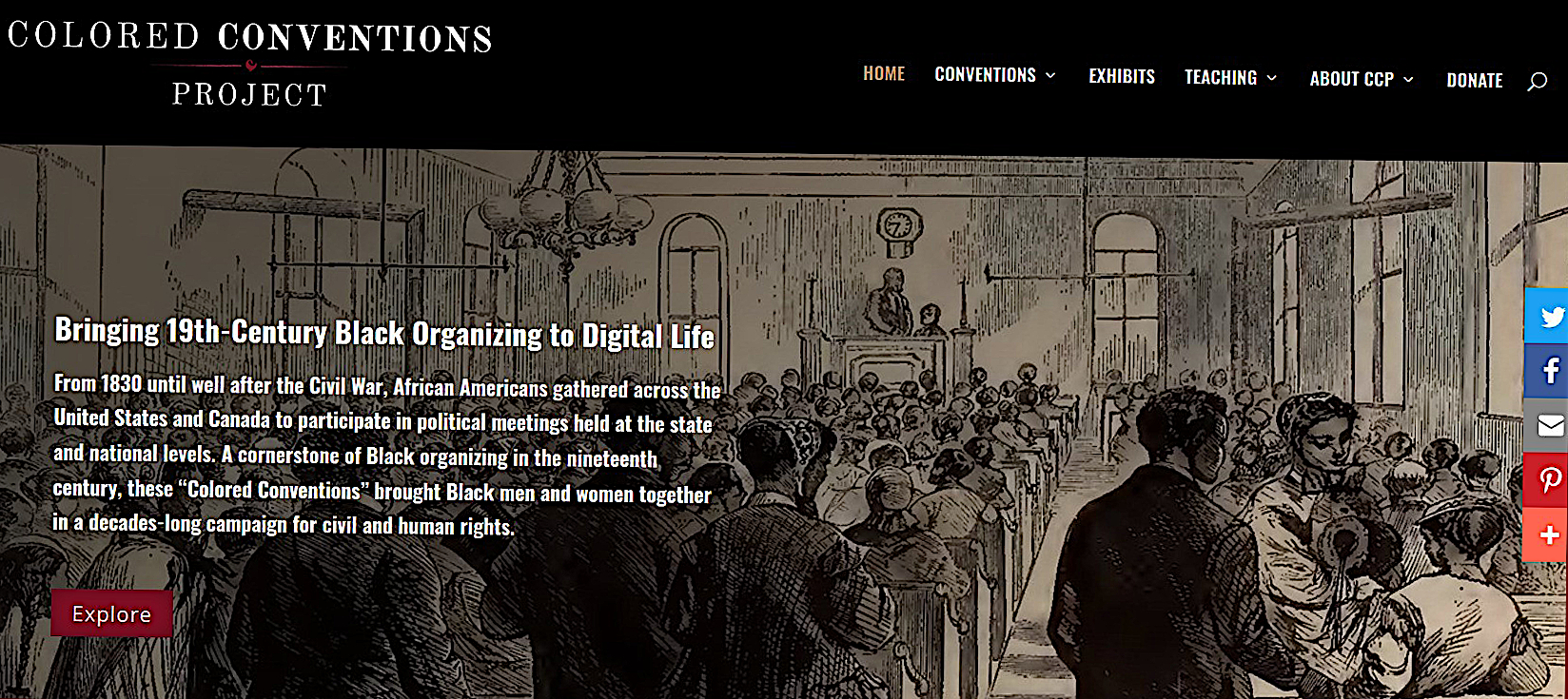
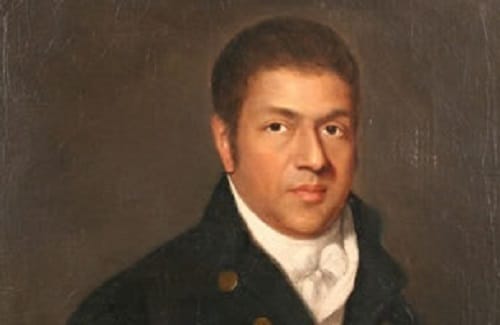
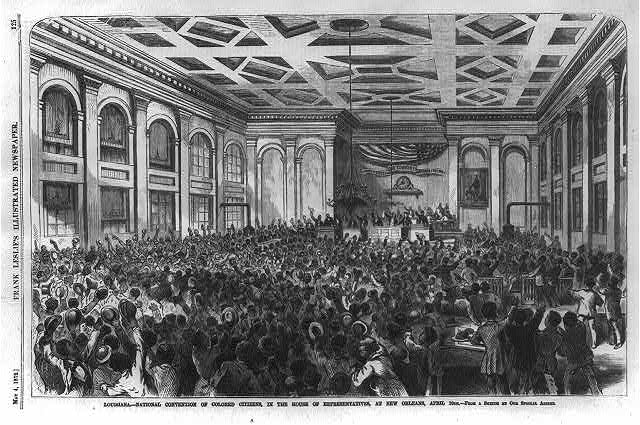





Twitter
Google plus
LinkedIn